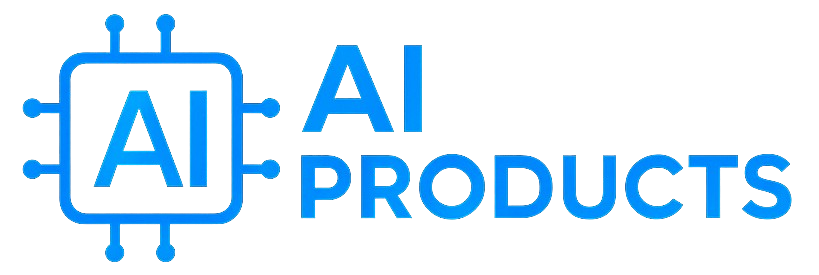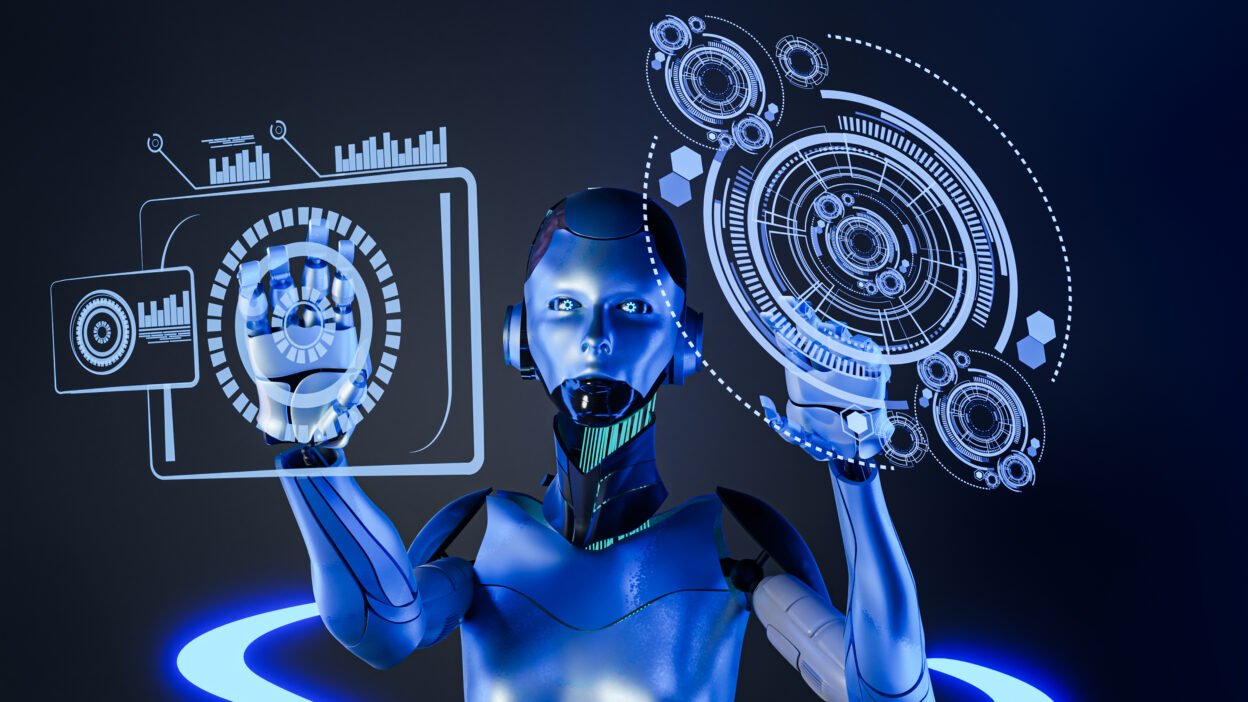In the fast-paced world we live in, the presence of Artificial Intelligence (AI) is becoming increasingly evident. By 2030, AI is poised to redefine how we work, live, and interact with the world around us. From healthcare to transportation, AI’s impact will be profound, offering solutions to long-standing challenges while introducing new opportunities. Let’s dive into how AI will shape the future by 2030 and explore the groundbreaking innovations and changes it will bring to various sectors.
AI in Healthcare: Revolutionizing Patient Care and Research
One of the most promising areas where AI will make a monumental impact by 2030 is in healthcare. With its ability to process massive amounts of data and identify patterns that are invisible to the human eye, AI will assist healthcare professionals in diagnosing diseases, predicting health trends, and personalizing treatment plans.
AI-driven Diagnostics and Personalized Medicine
By 2030, AI-powered systems will analyze medical images, genetic data, and patient histories to diagnose diseases with unprecedented accuracy. For example, AI algorithms can already identify early signs of conditions like cancer, enabling earlier and more effective interventions. Personalized medicine, guided by AI, will tailor treatments to the individual’s genetic makeup, maximizing treatment success and minimizing side effects.
Predictive Analytics and Health Monitoring
AI will also play a crucial role in predictive analytics, enabling doctors to forecast potential health issues before they occur. Wearable devices powered by AI will continuously monitor vital signs, alerting users and healthcare providers to any abnormalities. This proactive approach will shift the focus from reactive treatment to prevention, ultimately saving lives and reducing healthcare costs.
Transforming Transportation: Autonomous Vehicles and Smart Cities
The transportation landscape is undergoing a transformation thanks to AI, and by 2030, we can expect significant advancements in autonomous vehicles and smart cities.
Autonomous Vehicles and Safer Roads
Self-driving cars, trucks, and drones will become commonplace on the roads and in the skies. AI algorithms will be responsible for navigating vehicles through traffic, identifying hazards, and making split-second decisions that ensure passenger safety. With the rise of autonomous vehicles, traffic accidents caused by human error will significantly decrease, leading to safer roads for everyone.
Smart Cities and Efficient Urban Planning
AI will enable cities to become smarter, more efficient, and more sustainable. Smart traffic systems powered by AI will optimize traffic flow, reducing congestion and lowering emissions. AI will also help urban planners create sustainable environments by analyzing data related to energy usage, pollution levels, and population movement, leading to better resource allocation and improved quality of life.
AI in Education: Personalized Learning and Global Access
The education sector is another area where AI will have a transformative impact by 2030. With its ability to personalize learning experiences, AI will help students of all ages reach their full potential.
Personalized Learning Paths
AI-powered tools will assess a student’s learning style, strengths, and weaknesses, creating customized learning paths that suit their needs. Whether it’s through virtual tutors, adaptive learning platforms, or AI-driven educational games, students will receive tailored educational experiences that optimize their learning outcomes. This personalized approach will ensure that every student, regardless of their background or ability, has access to the resources they need to succeed.
Global Access to Education
AI will also help bridge the gap in education access worldwide. With AI-driven platforms and tools, high-quality education will be available to students in remote or underserved regions. Virtual classrooms powered by AI will break down geographical and financial barriers, offering students a chance to learn from the best instructors and resources available, regardless of their location.
The Future of Work: AI as a Co-worker and Innovator
AI will significantly alter the workforce by 2030, automating repetitive tasks, enhancing productivity, and enabling employees to focus on more complex and creative aspects of their jobs.
Automation and Increased Efficiency
Many industries, from manufacturing to customer service, will benefit from AI automation. Repetitive and mundane tasks, such as data entry or inventory management, will be handled by AI, allowing human workers to focus on more strategic roles. This shift will lead to higher efficiency and productivity, while also reducing the risk of human error.
AI as a Co-worker
Rather than replacing jobs, AI will become a valuable co-worker, assisting employees in decision-making, problem-solving, and innovation. For example, in fields like finance, AI will analyze market trends and offer insights that can inform investment strategies. In creative industries, AI will be used to generate ideas, design graphics, or even compose music, acting as a partner in the creative process.
AI and Ethical Considerations: Balancing Innovation with Responsibility
While AI promises incredible advancements, it also raises important ethical questions. By 2030, society will need to navigate these challenges to ensure that AI is used responsibly and for the greater good.
Bias and Fairness
AI systems are only as good as the data they are trained on. If the data is biased, the AI’s decisions will also be biased, potentially leading to unfair outcomes. By 2030, it will be crucial for AI developers to focus on creating systems that are transparent and free from bias, ensuring that AI works for everyone, regardless of race, gender, or background.
Privacy and Security
With AI handling vast amounts of personal data, privacy and security concerns will be paramount. Ensuring that AI systems protect user data and are secure from cyber threats will be a major challenge. Governments, corporations, and AI developers will need to collaborate to create robust frameworks that protect individuals’ privacy and security while enabling innovation.
AI’s Role in Sustainability: Tackling Climate Change and Resource Management
As the world faces growing environmental challenges, AI will become a key player in sustainability efforts by 2030.
AI for Climate Change Solutions
AI will help combat climate change by optimizing energy usage, improving renewable energy systems, and predicting environmental changes. AI-powered models will forecast weather patterns and climate trends, enabling governments and organizations to respond more effectively to natural disasters and climate-related crises.
Efficient Resource Management
AI will also help manage natural resources more efficiently. From water conservation to waste management, AI will optimize the use of resources, ensuring that they are used sustainably. Smart grids and AI-powered energy systems will ensure that energy consumption is more efficient, helping reduce carbon footprints and fostering a more sustainable future.
Conclusion:
As we look ahead to 2030, the potential of Artificial Intelligence is both exciting and transformative. From healthcare to transportation, education, and the workplace, AI will revolutionize industries and improve the quality of life for billions of people around the world. However, with great power comes great responsibility. As AI continues to evolve, it is essential to ensure that its development is ethical, transparent, and focused on benefiting humanity. By embracing AI’s potential and addressing the challenges it presents, we can create a future that is not only smarter but also more inclusive, sustainable, and equitable.
FAQs
What are the key industries AI will impact by 2030?
AI will significantly impact healthcare, transportation, education, and the workplace, making these industries more efficient, personalized, and accessible.
Will AI replace jobs by 2030?
While AI will automate some tasks, it will also create new opportunities by assisting employees in more complex and creative roles, transforming the workforce rather than replacing it.
How can AI help combat climate change?
AI will optimize energy consumption, improve renewable energy systems, and predict environmental changes, helping governments and organizations respond to climate challenges more effectively.
What ethical concerns arise with AI by 2030?
AI raises concerns about bias, fairness, privacy, and security. It is essential to address these issues through transparent and responsible development to ensure AI benefits everyone.
How will AI change education by 2030?
AI will personalize learning experiences, provide virtual tutors, and break down access barriers, making quality education more accessible to students worldwide.
Can AI help improve healthcare?
Yes, AI will revolutionize healthcare by enhancing diagnostics, personalizing treatment, and predicting health trends, leading to better patient care and outcomes.




